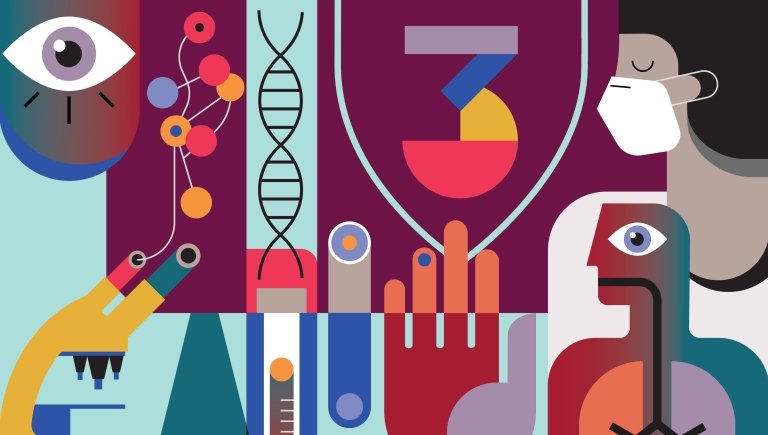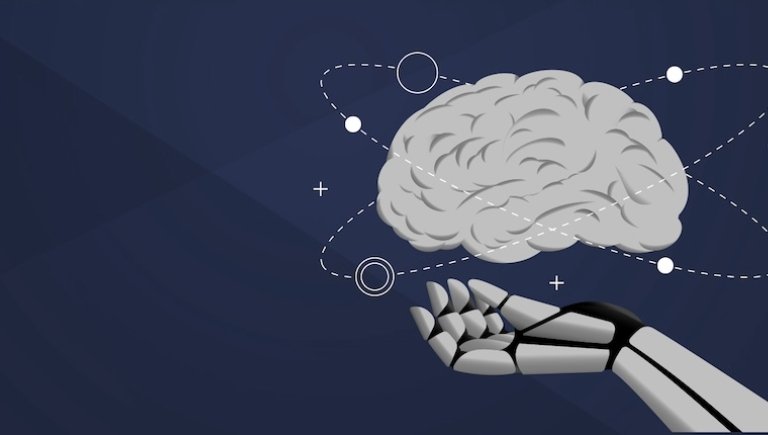All Insights
Exploring the science, practice, and business of medicine.
Exploring the science, practice, and business of medicine.
Showing 10 out of 25 Insights
AI is reshaping medicine by enhancing care, safety, and education. Experts stress thoughtful use, equity, and human judgment to ensure technology augments, not replaces, clinicians.

Custom corporate learning programs are becoming essential for health care organizations, offering education that aligns with strategic priorities, clinical realities, and cultural nuances while directly impacting patient outcomes and system-wide efficiency.

Jamie Roberston says it is critical for people who are interacting with AI as part of clinical studies to be knowledgeable about the right and wrong applications.

"People’s priorities have changed. I think a lot of people are no longer willing to go to the doctor and just accept a lower quality of care."

“From developers to health care systems administrators, we all have a responsibility to ensure these tools serve everyone equitably.”

Health care leaders must embrace AI as a strategic tool—empowering teams, enhancing care, and driving innovation through thoughtful integration, training, and ethical oversight.

“AI is going to make us the most efficient version of ourselves, in terms of delivering health care more efficiently and managing the administrative side.”

AI is a subject that all health care professionals working in all corners of the field—from clinical practice to science and business—need to learn about quickly.

It’s important for health care professionals to educate themselves about new technological developments. Bhatnagar encourages these professionals to understand the cycles of innovation in healthcare technology to make smarter long-term decisions.

As AI continues to evolve, we may see a shift in how organizations across industries derive insights from unstructured data, adding a powerful tool in decision-making processes.
